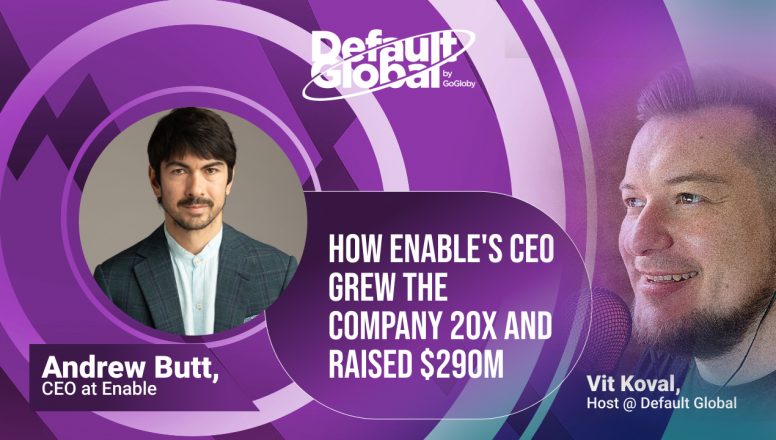Meet Taylor Roa, Director of Talent & Culture at Wistia:
Taylor Roa’s journey into talent acquisition began unexpectedly on a Hawaiian beach. A chance encounter led his hospitality graduate to Tech Systems, where he discovered a passion for recruiting that aligned with his love for connecting with people.
Relocating to Boston’s vibrant startup scene, Taylor specialized in building and scaling talent teams in-house. Currently, as the Director of Talent & Culture at Wistia, Taylor channels his expertise to harmonize talent acquisition with cultural development.
Taylor’s fervor lies in leveraging human connections to fortify organizational growth, firmly believing that a company’s heartbeat resides within its people.
Listen Up: Taylor Roa, Director of Talent & Culture at Wistia — Full Podcast Episode on Spotify
Watch Now: Vit’s In-Depth Talk with Taylor Roa
Quick Read: Taylor Roa, Director of Talent & Culture at Wistia, Interview Highlights
Foundational Journey and Wistia’s Unique Culture
In a recent episode of Default Global, I had the pleasure of interviewing Taylor Roa, Director of Talent & Culture at Wistia. Taylor shared his unique journey into the world of recruitment, which started with a chance meeting on a Hawaiian beach and led him to join Tech Systems, a national recruiting company. He described his move from hospitality to recruitment as a great fit due to his love for the people-centric aspect of both fields.
Taylor shed light on the culture at Wistia, a Boston-based video marketing company. What makes Wistia stand out is its intentional approach to growth. The company’s co-founders bought the business back from investors, allowing them to maintain profitability while focusing on long-term growth. This has enabled Wistia to invest more in their team and maintain a lean workforce.
Taylor emphasized, “We get to be contrarian because we don’t have investors pressuring us to do what everyone else is doing.”
Balancing Profitability and Talent Acquisition
Wistia’s decision to prioritize profitability over rapid growth has directly influenced their approach to team building and talent acquisition.
Taylor explained, “We tend to move a lot slower in growing headcount. It’s important to us to stay profitable as we grow.”
This slower pace allows Wistia to invest more in their people and maintain a high talent density, which Taylor sees as a key priority.
He illustrated the importance of talent density by stating:
“When talent density is your priority, then you might take your compensation strategy a little bit more seriously. You might be okay with paying more competitively. You might not care as much about time to fill when you’re measuring your recruiter’s success. You might care more about who’s actually stepping into that role.”
The Role of Founders in Recruiting
As a founder myself, I stand by Taylor’s philosophy that the founder is the first recruiter. He suggested that startup founders should build a close relationship with their recruiters and hire seasoned recruiters sooner than most founders might think. Taylor believes that a centralized, strong talent function can offer invaluable insights into team growth, enabling a more consistent and effective hiring process.
Prioritizing Quality Over Quantity in Recruiting
Taylor emphasized the value of prioritizing quality over quantity in recruiting. He pointed out that while it’s easy to get a lot of applicants, the real challenge lies in securing high-quality candidates. He advocates for a more personalized, human-centric approach to recruitment, stating:
“When I’m working with my recruiters, some folks might be surprised coming onto the team that we’re not racing to fill a role. A recruiter should be talking managers out of making a hire quite often because we can do better often.”
The Future of Work
Taylor shared his perspective on the future of work, hiring, and recruiting. He believes that the element of choice will be crucial in the future of work, as it allows people to work in ways that they find most productive and engaging. He also discussed Wistia’s transition to remote work during the pandemic and how it could potentially move towards global hiring in the future.
The conversation with Taylor was insightful, shedding light on the importance of talent density, the role of founders in recruiting, and the need to balance speed and personal touch in hiring. His views on the future of work and hiring offer an intriguing perspective on the evolving landscape of talent acquisition.






